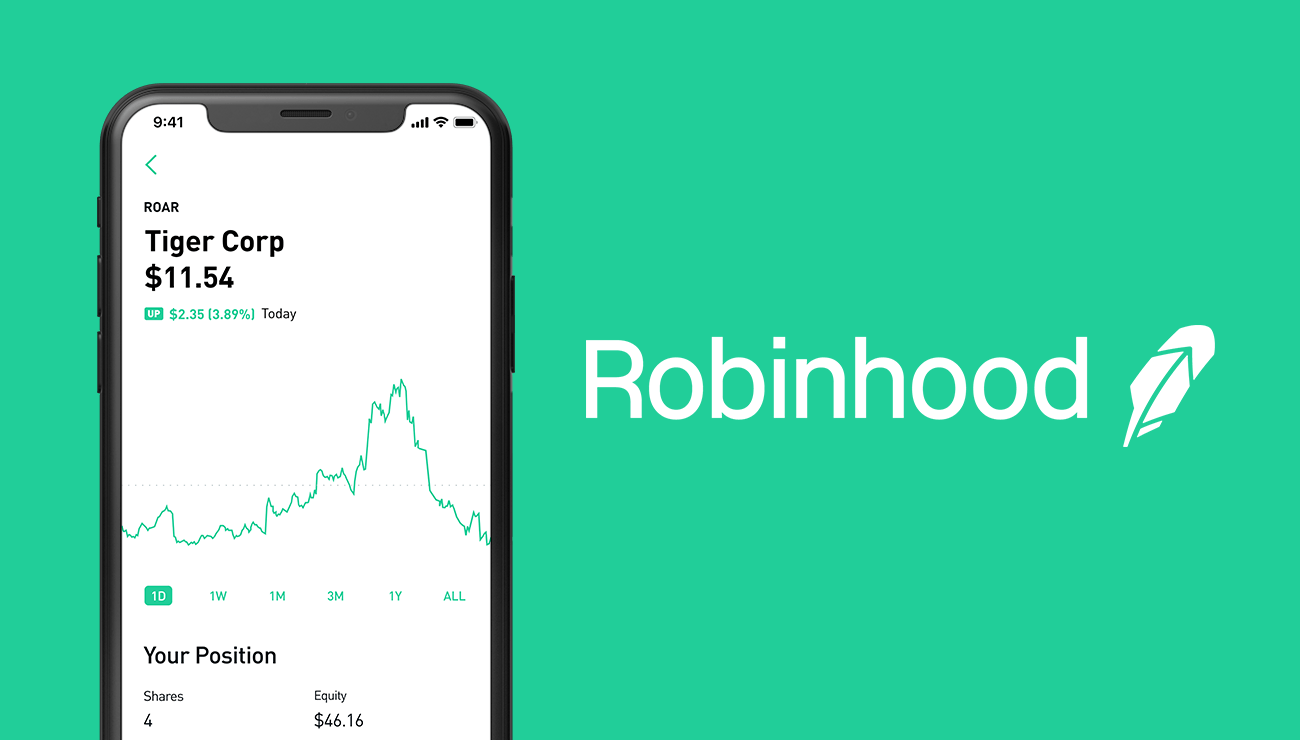Robinhood, if you can use it when it’s not experiencing downtime, is a great way for retail investors to buy and sell stocks. But it seems the company’s rapid growth came with some disclosure oversights that have caught the attention of the SEC. The company could be facing a fine of up to $10 million, according The Wall Street Journal.
Before 2018, the company had a practice of selling Robinhood clients’ orders to high-speed trading firms, the infamous people familiar with the matter told The Wall Street Journal. There’s nothing wrong with the practice, but the problem arises with disclosure, which Robinhood apparently… didn’t.
WSJ summed it up well:
The investigation, run out of the SEC’s San Francisco office, examined Robinhood’s failure to fully disclose on its website—until 2018—that it took payments from high-speed trading firms for sending them customers’ orders to buy or sell stocks or options, the people said. The practice, known as payment for order flow, is a common—if controversial—way for retail brokerages to execute client trades. Critics say payment for order flow creates a conflict of interest for the broker that sells the orders. The practice has raised suspicions that it could lead to sophisticated traders exploiting mom-and-pop investors, although brokers and traders say such concerns are baseless.
Does this affect you, the Robinhood user? Not really. It’s just a matter of conflict of interest in the view of the SEC that Robinhood was selling your business off to a third-party and not telling you.
